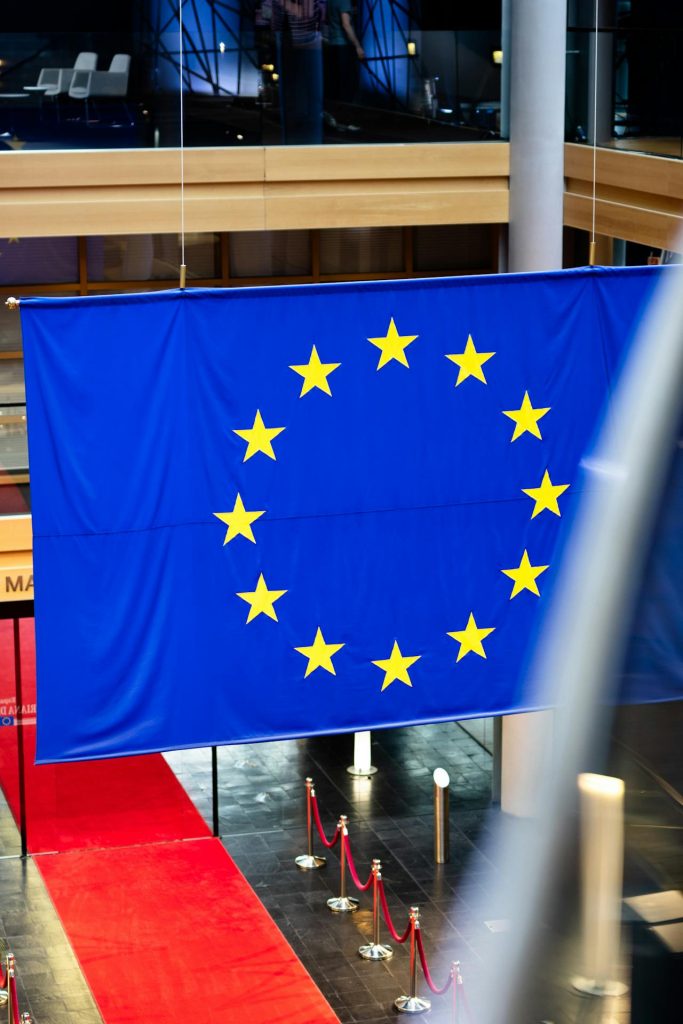Table of Contents
European sustainability reporting just got a little more complex with the new installment of the ESRS. But what do these mean for your company’s workforce?
The ESRS (European Sustainability Reporting Standards) have finally brought the territory the much needed homogenization of sustainability reporting of businesses.
This means the new reporting standards agreed upon in the CSRD will make it easier for investors, legislators and other many stakeholders to assess and compare company’s impact on sustainability risks and opportunities.
By tackling a wide variety of topics, the three ESG pillars are greatly present in the ESRS; but today we want to focus on its social leg, and more specifically, on how it impacts a company’s workforce and its subsequent reporting.

But before we get any further, let us lay down the necessary context to understand all ESRS matters. The latter abbreviation refers to the European Sustainability Reporting Standards that accompanied the recently adopted CSRD regulation.
The Corporate Sustainability Reporting Directive is the predecesor to the NFRD, and it was developed so as to include a wider range of organizations. But most importantly, it evolved under the idea that more homogeneous information regarding company’s sustainability impact was needed across the territory.
And it is from this particular idea that the ESRS stem and develop at the hands of the EFRAG, the European Financial Reporting Advisory Group. As of 31 July 2023 the first set of standards were adopted.
The social side of ESRS
As we’ve mentioned before, the new European reporting standards have been designed so as to gain as much insight into companies’ sustainability matters as possible, and for everyone to report on the same issues that the EU deems relevant.
And while the impact of companies on climate change or global warming is a primary concern for Europe’s sustainable plans, the social aspects of sustainability, and organizations’ role in it, is just as crucial to achieve overall EU sustainable targets.
Engage employees in the sustainability strategy
Of course, the ESRS have a great deal of social standards to report upon that will require companies to take a closer and deeper look onto their own social practices, policies and measures.
Based upon main international and European human rights instruments and conventions, the current reporting standards tackle 4 distinct scopes of social material impact, risks and opportunities: own workers, workers in the value chain, affected communities, and consumers and end users.
What does social ESRS reporting mean for companies' workforce?
While ESRS standards offer a broad scope of social issues to assess, for today we are going to focus on the one that feels closer to home, and that is the company’s impact on its own workforce.
But how and what do companies need to report regarding sustainability and their own workforce?
We can divide these reporting demands in three main pillars: working conditions, equal treatment and opportunities for all, and other work related rights such as gender equality, fair wages, trade union freedom etc.
Additionally, there are 5 type of disclosures companies need to provide in their reports regarding these three topics:

They need to report on the policies related to these stakeholders, as well as policies carried out for engaging the latter, they also should report on the processes designed to address negative impacts, on the actions or approaches taken for the mitigation of material risks and the exploitation of material opportunities, and finally, report on the targets related to the stakeholders in question.
Furthermore, companies’ disclosure about their own workforce has additional requirements, making it one of the most demanding scopes to cover. This is due to the fact that companies not only have more data available on the topic, but they are also more likely to have a more significant impact and influence on their own employees.
Leveraging ESRS reporting for a better sustainable performance
But sustainability reporting standards are not only meant for companies to display their sustainability endeavors, but it can actually serve as guidelines for what practices or measures they should aim to develop further.
This means companies should not be looking at reporting as merely a regulatory need that they have to fulfill, but rather as an opportunity for continuous improvement in areas such as the ones we just mentioned regarding employees.
After all, these reports will put all companies in the same level, making it easier for investors, regulators and other stakeholders to place judgment upon organizations sustainable performance; and so differentiating oneself for the better is key.
Guide to the EU's current and upcoming laws, rules & regulations
Engage employees in the sustainability strategy
In DoGood, we aim to simplify the complex web of sustainability objectives for companies by offering a platform that translates the high-level ESG (Environmental, Social, Governance) objectives into actionable tasks for every single employee.
Then, each employee not only knows how to make an impact but also feels empowered to contribute meaningfully to the greater sustainable strategy.
No more vague directives. No confusion. DoGood automates the process, making it seamless for the workforce to know precisely what steps to take.
